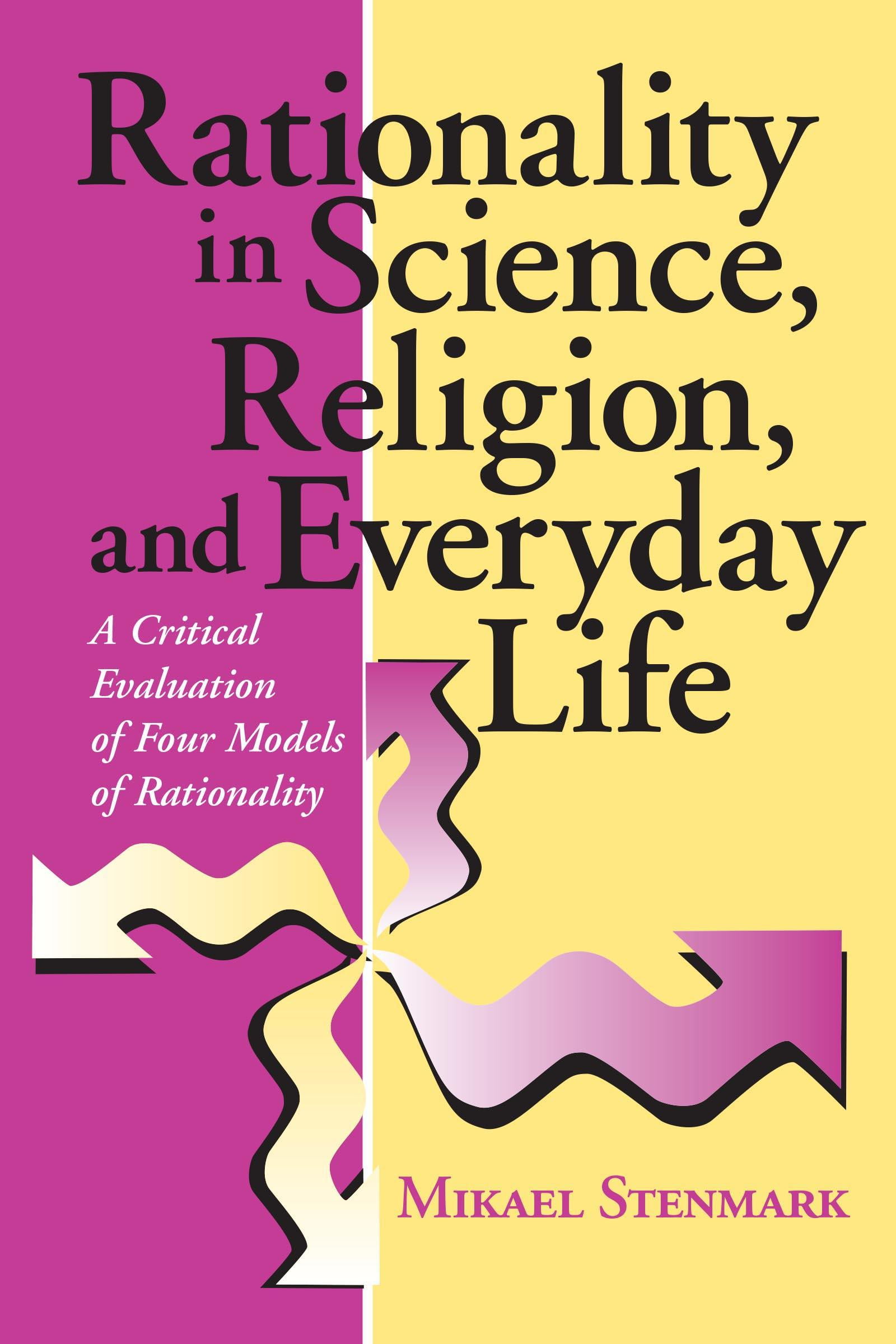In a world teeming with diverse belief systems and epistemologies, the pursuit of knowledge through science manifests as a beacon of enlightenment for many cultures. This quest, characterized by rationality and empirical inquiry, raises intriguing questions about the role of culture in shaping our methodologies, values, and ultimately, our understanding of reality. What happens when the empirical meets the existential? This inquiry not only beckons curiosity but also poses a formidable challenge to cultures that may prioritize different modes of knowing.
Rationality, often synonymous with scientific thought, embodies a systematic approach to understanding the universe through observation, experimentation, and critical analysis. Cultures that adopt this framework, whether consciously or through historical evolution, frequently exhibit traits that prioritize objectivity and empirical validation. For instance, the Enlightenment period in Western societies catalyzed a significant shift towards a rational basis for understanding the natural world, promoting skepticism of superstition and dogma. This transition, however, was neither uniform nor devoid of contention; it sparked debates over the nature of truth and the limits of human understanding.
To delve further into the interface between culture and scientific rationality, one must engage with the concept of cultural relativism. This anthropological stance posits that a culture’s beliefs and practices must be understood within their own context, rather than judged against external standards. Thus, in examining cultures that embrace scientific knowledge, it is paramount to consider how local traditions and worldviews coexist or conflict with rational empiricism.
Take, for example, indigenous knowledge systems, which often prioritize holistic understandings of the cosmos. These systems rely on experiential wisdom passed down through generations, encompassing a broader interpretation of truth that may intertwine the spiritual with the empirical. When such cultures engage with scientific paradigms, they may face quandaries. Does embracing rationality dilute their indigenous epistemologies? Alternatively, can these systems enrich scientific understanding? The answer might reside in a synthesis that respects the specificity of cultural contexts while also allowing for a dialogue between differing approaches to knowledge.
In many cultures, especially those steeped in rich histories of oral traditions, the integration of rationality poses both opportunities and challenges. For instance, the modernization of Caribbean societies often introduces scientific approaches to agriculture, medicine, and environmental conservation. However, this shift may evoke resistance as it threatens heritage practices and indigenous ways of knowing. Herein lies a pivotal question: Can a society retain its cultural identity while simultaneously adopting a rational, science-based ethos?
A tangible case is provided by the Maori of New Zealand, who embody a striking balance between traditional cosmology and contemporary scientific practices. Their engagement with science is not a mere appropriation but a recontextualization that reinforces their cultural identity. For instance, their management of fisheries employs both traditional ecological knowledge and modern conservation science, illustrating an innovative fusion where rationality does not eclipse cultural beliefs.
Conversely, within some Western contexts, an uncompromising commitment to rationality has engendered a paradox. This fervent dedication is often regarded as a panacea for societal issues, yet it can lead to a form of nihilism—an estrangement from the rich tapestry of cultural narratives that provide meaning and continuity. The critique here is not about the validity of scientific inquiry but rather about the potential impoverishment that occurs when reason is treated as the sole arbiter of truth. Are we, as a global community, forfeiting the richness of cultural diversity in our pursuit of scientific rationality?
In grappling with these profound questions, the role of education emerges as a significant factor. Educational systems that favor a singular narrative of knowledge overlook the plurality of human experience. Thus, fostering an interdisciplinary approach, which integrates scientific inquiry alongside humanities, may encourage a culture that values both rationality and the poetic intricacies of human culture. Empowering individuals with a multifaceted understanding can cultivate a generation that sees science not as an adversary to cultural identity but as an ally in the quest for collective understanding.
Another compelling aspect to explore is the increasing development of science communication and its impact on diverse cultures. As scientific discoveries permeate global discourses, indigenous voices have begun to advocate for their inclusion in scientific narratives. This movement challenges the tendency to perceive science as a monolithic entity, highlighting instead the potential for culturally inclusive practices that merge scientific reasoning with local knowledge. Such collaboration not only enriches scientific understanding but also enhances communities’ resilience by fostering adaptive responses to contemporary challenges like climate change and biodiversity loss.
As these dialogues unfold, the cooperation between cultures becomes ever more critical. It raises the imperative for a global paradigm shift—a recognition that rationality, while invaluable, is but one of many lenses through which we can appraise the complexities of existence. Cultures that seek knowledge through science must embrace a multifarious approach, leading to a more nuanced understanding of humanity’s place within the universe.
Ultimately, the interplay of rationality and culture presents an intricate tapestry. While some may view scientific rationality as a universal panacea, others caution against the potential erasure of rich cultural narratives that provide depth and meaning. Bridging these worlds calls for open dialogues, mutual respect, and the humble recognition that knowledge is far more expansive than any singular epistemological framework. As we navigate this path, one cannot help but ponder: How can we ensure that the pursuit of knowledge remains both rigorous and respectful, enriching our collective human experience?
